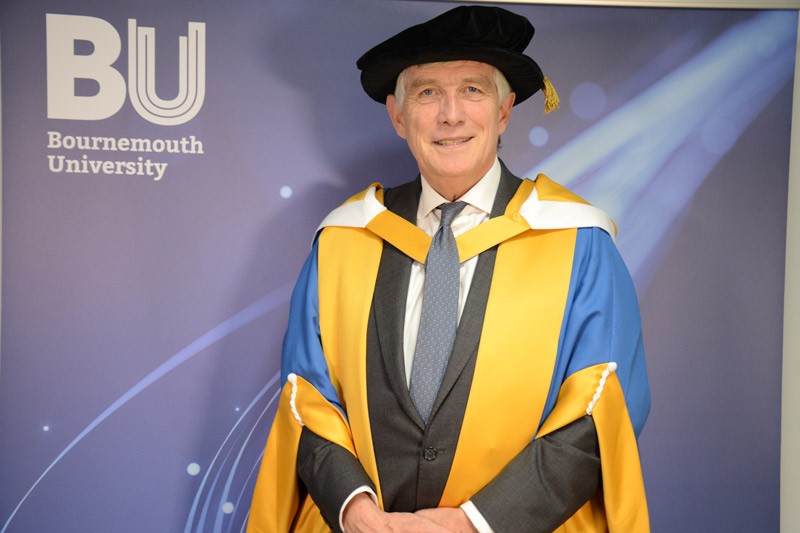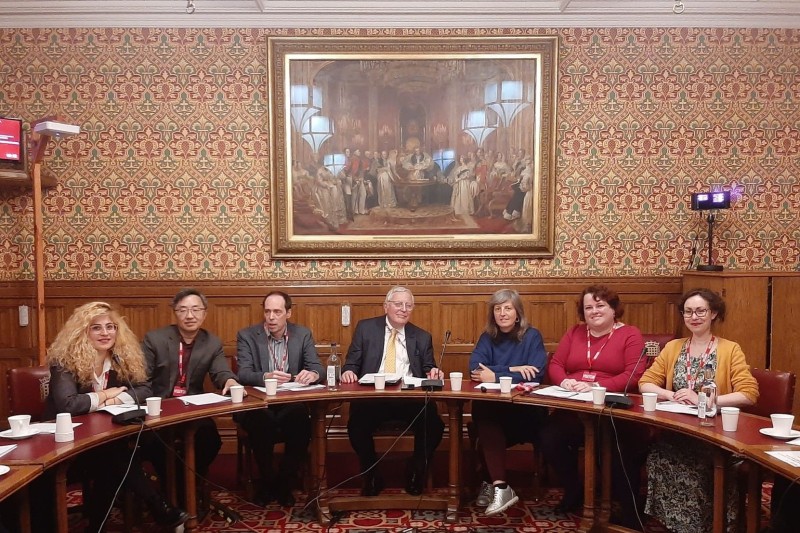On Saturday 28 March 2015, Nigerians lined the streets to elect who would steer the affairs of the country over the next four years. Though there were 14 presidential candidates, the contest was primarily between two contestants – the incumbent Goodluck Jonathan and an ex-military Head of State, Muhammadu Buhari. The general impression is that the election was largely peaceful, free and fair.
Predictions of post-election violence in volatile parts of the country have turned out inaccurate owing largely to the concession of defeat and extension of congratulations by the incumbent president even before the final results were announced.
This is the first time in Nigeria’s history that an incumbent president has lost an election and the first time that a major contender for the presidency has congratulated the winner of the process.
Making sense of the circumstances around the election
There are at least three developments that counted against the president in this election.
- His supposed handling of Boko Haram especially the abduction of schoolgirls from Chibok
- A stronger opposition (who, surprisingly, won the media battle and dictated the narratives)
- The economy (although Nigeria became the largest economy in Africa under his watch, the dwindling price of the oil market tasked even the man on the street).
The opposition was much stronger in this election than in previous ones as the three major opposition political parties in Nigeria agreed to a merger, forming a new alliance, the All Progressives Congress (APC). It hinged most of its campaign on “change” and was very effective in driving media discourse. For example, it was very critical of the current government’s handling of security issues especially the Boko Haram insurgency and effectively used the abduction of the schoolgirls from Chibok to drive home its point.
From their dominance of media discourse and following the outcome of the election, the general impression is that the ‘Nigerian people’ lost faith in the present government and thus pitched their tents with the opposition. But do the figures tell the same story?
Making sense of the numbers
In the 2011 election (which as previously noted was also contested by President Jonathan and General Buhari) the total number of valid votes was 38.2 million of which Goodluck Jonathan had about 22 million votes and General Buhari had about 12 million votes. In 2015, four years later, the total number of valid votes is 28, 586, 561 – about 10 million less than the previous elections.
Thus, despite, at least, a 15 million population growth, fewer Nigerians participated in this election. If this was a result of eligible voters’ apathy for this year’s process or a case of disenfranchisement has not been established.
A closer look at the voting patterns in this election tells an interesting story. Majority of the votes accrued by General Buhari, a northern Muslim, were from the northern region of the country. Of his total number of votes, more than 12 million (79 %) were from the northern geopolitical zones. From the northwest alone, he had 7.1 million (46.13%) votes. His best showing in the south was in the southwest where he had 2.4 million (15%) votes. His popularity in the south grew even slimmer as one heads further south to the south-south and the southeast. In the Niger Delta, he had just above 400, 000 (2.7%) votes and 198,248 in the SE (1.29%). The converse is true for President Jonathan, a southern Christian, who won majority votes in all the southeast and south-south states.
The argument here is that the assumption that Nigerians voted for change might be far-fetched. Evidence from the numbers suggests that voting was primarily along ethnic lines. The majority of the citizens who voted seemed to have considered ethnicity first. The outcome depended on which of the two major contenders lost more of the 10 million eligible voters who either abstained or were disenfranchised. So it follows that if more southerners had voted then we might have had a different winner.
One might also argue that northerners experienced the scourge of Boko Haram directly and thus voted against the current government in protest. With the opposition’s constant reference to this, the image of the president in the north was an unpopular one.
The most important detail however is that the election was free, fair and peaceful. The democratic process is growing in Africa’s largest democracy. And this has become a shining example that the rest of Africa can aspire to.
Confidence Uwazuruike is a PhD student with the Centre for the Study of Journalism, Culture and Community. His research focus is, Domestic Terrorism in Nigeria: News Reporting of the Boko Haram sect.



